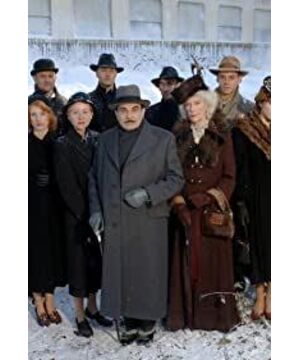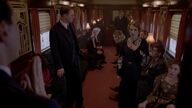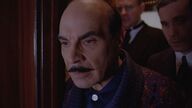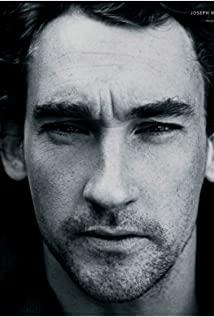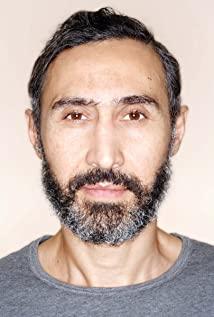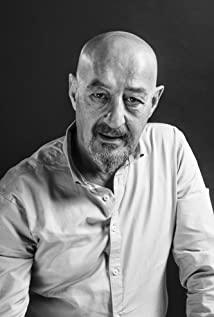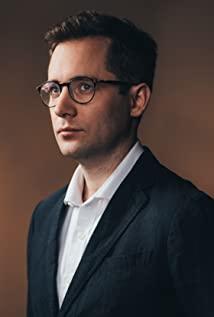It's a classic story, it's the same ending, but there are different voices for the same ending.
Can't forget the debate between detectives and people about law, justice, and God. This is a debate without a clear conclusion, in which people get lost in the whirlpool of their beliefs, and neither the murderer nor the detective can extricate themselves.
Is this alluding to contemporary society? Kind people believe in the law, but the law cannot guarantee justice; people believe in justice, but justice is indefinite; people believe in God, but God is silent. . .
So is lynching a way? Do people feel happy after revenge? The detective has insight into the case and insight into the heart, is his faith also shaken?
The last scene is unforgettable. The detective does not have the achievements and ease after solving the case, but has to face the lack of faith and justice in the society and the doubts about his own beliefs. It will become an ethical film in the future.
It's a powerful ending, a lost ending, and a thought-provoking ending.
If you think about the current situation in China and look at such a movie, will you say that the director is alluding to reality? Can those Chen Kaige, Zhang Yimou, and blockbuster directors make such wonderful stories and thought-provoking films?
View more about Murder on the Orient Express reviews


